By Bianca Thompson
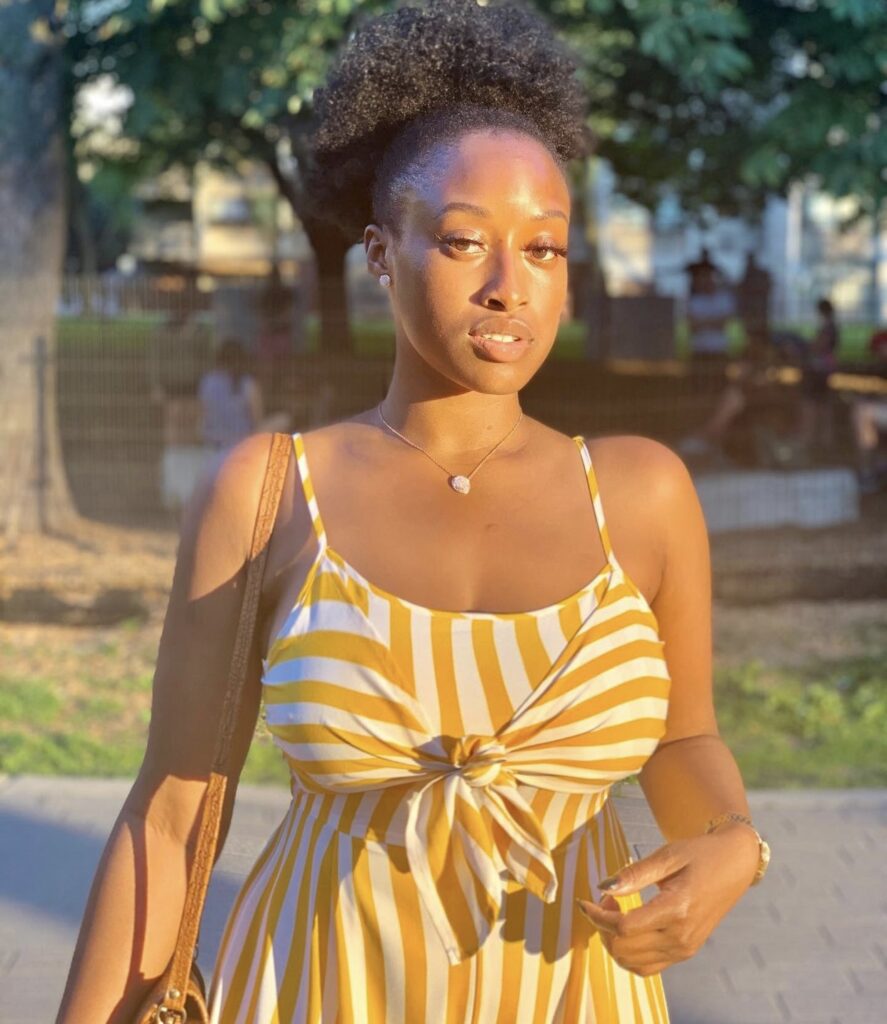
It was a beautiful summer afternoon last July when Lizzy Idowu, a model and entrepreneur, was invited to a pool party.
A rush of excitement filled her as she picked out her favourite yellow bikini for some fun in the sun. The excitement quickly turned into disappointment when she received a message from her friend saying she and another girl were disinvited.
“Can’t come? Why can’t I come?” she thought, trying to piece it all together. Lizzy had never met the host before, so why was she suddenly unwelcome? Her friend said it was because the group of Black men hosting the party “weren’t feeling her.”
Lizzy watched one of the hosts’ stories of the party on Instagram, and that’s when it hit her. All the girls had one thing in common: they were white. She saw her friend in the invited crowd, who’s biracial, but often passes for white. At that moment, Lizzy finally understood why she was unwelcome.
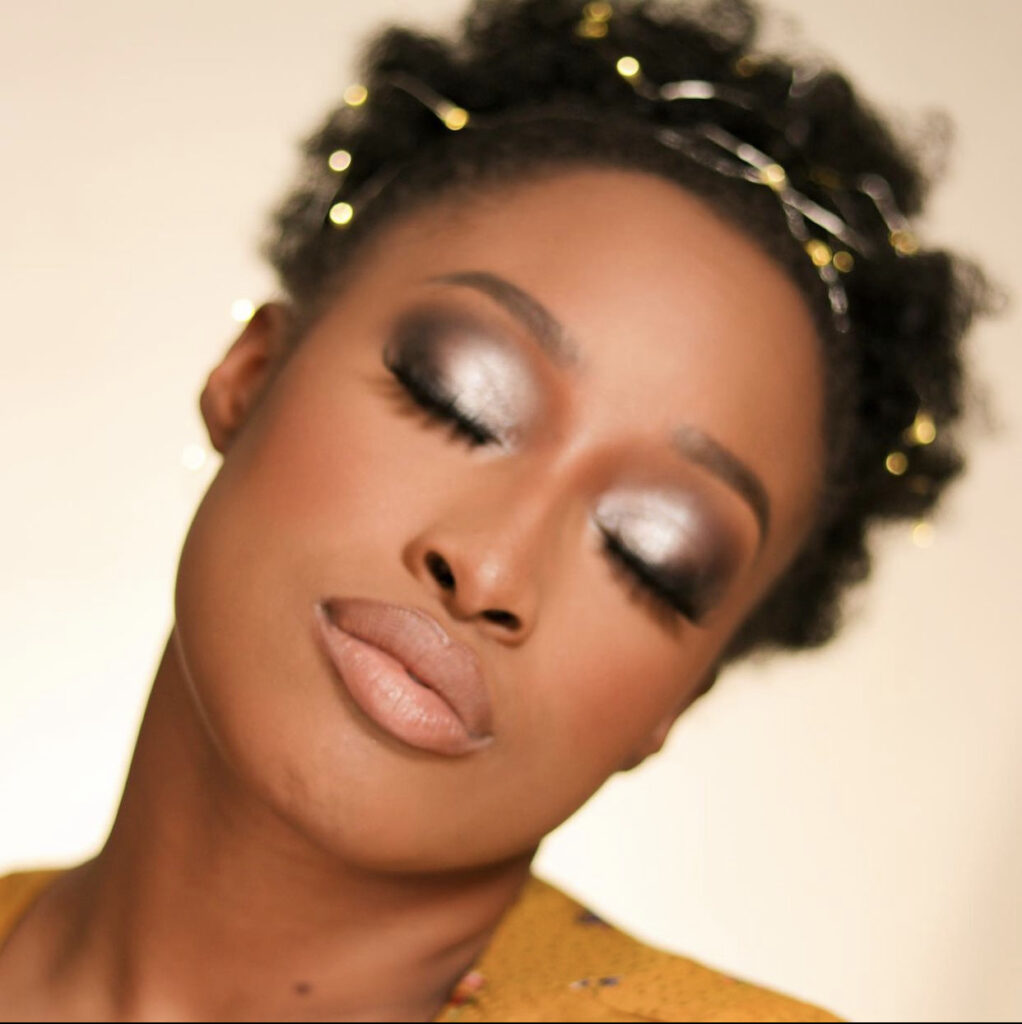
Horrified, the social media influencer with over 26,000 followers shared her experience on Instagram. One of the hosts saw the post and told Lizzy’s friend it had to be taken down. Lizzy refused. This was her story and it was going to be heard.
What Lizzy encountered is defined as colourism: favouring lighter skin over darker skin, resulting in prejudice and discrimination towards darker-skinned people of colour. Janay Ferguson, a third-year psychology student at Ryerson University, says colourism is deeply connected to racism and creates horrific experiences for Black Canadian women.
When the issue of colourism is brought to light, those inflicting it onto others often deflect and use the excuse of having a “preference.” Lizzy Idowu says there is a very thin — but serious — line between colourism and having a preference.
“The difference between preference and colourism is that preference doesn’t see colour; but colourism sees colour, rips it apart, and uses that as the eliminating factor,” she says.
Viral YouTuber, TheStoryteller, made a video titled Colorism | Free Huey to discuss colourism and its effects on Black women, its impact around the world and the stigmas it perpetuates.
Colourism was created as “one of the many tools that not only serves to uphold the system of white supremacy but divides the solidarity between those discriminated upon based on their Blackness,” he says.
Lizzy has understood the influence colourism has on Black women since she was a young girl. At 13 years old, Lizzy discovered bleaching creams while attending boarding school in Nigeria, where her family is from.
“There was this inherent hatred towards my skin that I didn’t even recognize or realize. I felt like I couldn’t get darker, or I was going to be too dark, and why did I have that as a kid?”
The insecurities Lizzy felt shows the extreme lengths Black women will go to in order to be accepted by society. One in three women in South Africa bleach their skin, a 2014 study by the University of Capetown found. This intense desire for lighter skin is putting Black women’s health at risk. The study proved that bleaching creams and other skin lightening products have higher quantities of hydroquinone and mercury; using them could lead to liver or kidney failure, skin cancer and hyperpigmentation.
Lizzy traces it all back to colonization. “It happened so many years ago, but the ripple effects are still playing out. Nigeria was colonized by the British so the expectation to be closer to white is why there is a billion-dollar bleaching industry.”
Colourism has become too urgent a problem to ignore, says Zanele Chisholm, a third-year English student and vice-president Equity candidate for the Students’ Union at Ryerson University. She says society’s obsession with “whiteness” as a symbol of higher social status has created unrealistic and harmful expectations for Black women.
The media has more influence than we think, says Cheryl Thompson, a published author, Ted Talk speaker and assistant professor at Ryerson University. She says most people refuse to admit the media has any impact on their perception and beliefs.
“Everything you see in your life impacts you. There’s a reason why the damsel in distress tends to still be a white woman, who probably is blonde. That’s not because we’re being biased or judging a group, it’s because every movie you’ve probably ever seen in your life, that is the narrative. Why would you question it?”
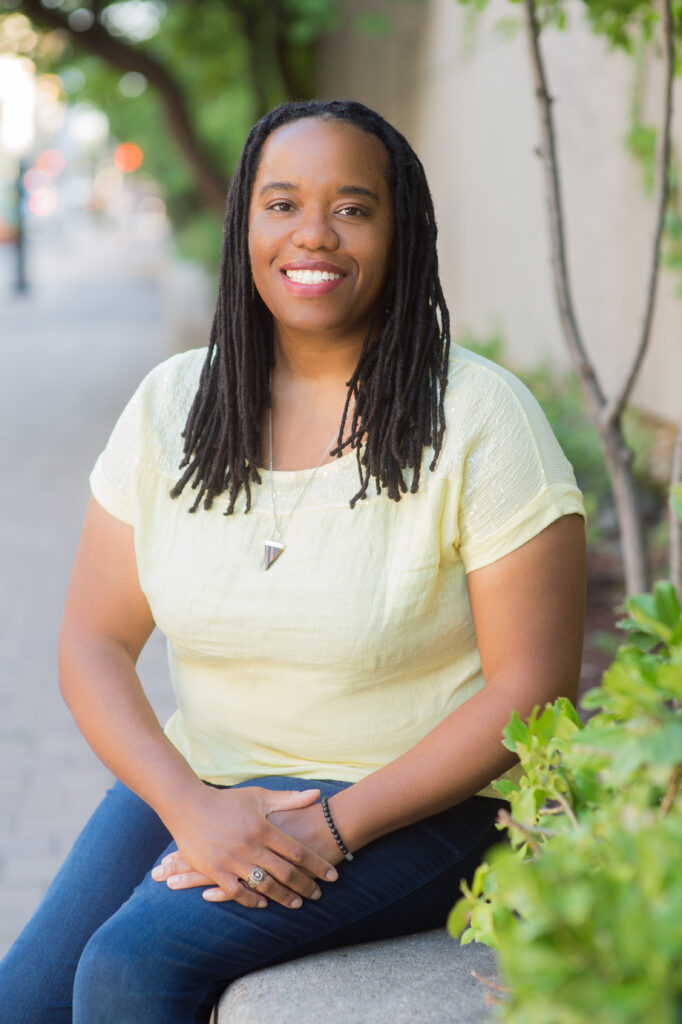
Colourism has created different experiences for Black women and how they are represented in the media. TheStoryteller, who creates animations tackling social issues within the Black community, says light-skinned women are considered to be closer to the concept of “whiteness.” They are labelled as kind, feminine, submissive and desirable — but as a token piece and nothing more.
On the other hand, Zanele says dark-skinned women are labelled as masculine, angry, intimidating, violent or ratchet — a slang term used to describe Black women as ghetto or overly dramatic — resulting in disrespect and dehumanization.
Zanele has experienced this first-hand. Strangers often try to characterize her as angry, assume she has a lot of attitude, or speak to her in a certain tone out of fear she’ll react aggressively.
“Even before a situation happens, I tend to overcompensate so I’m extra nice and try to come off like I’m harmless, because I don’t want to experience anything,” she says.
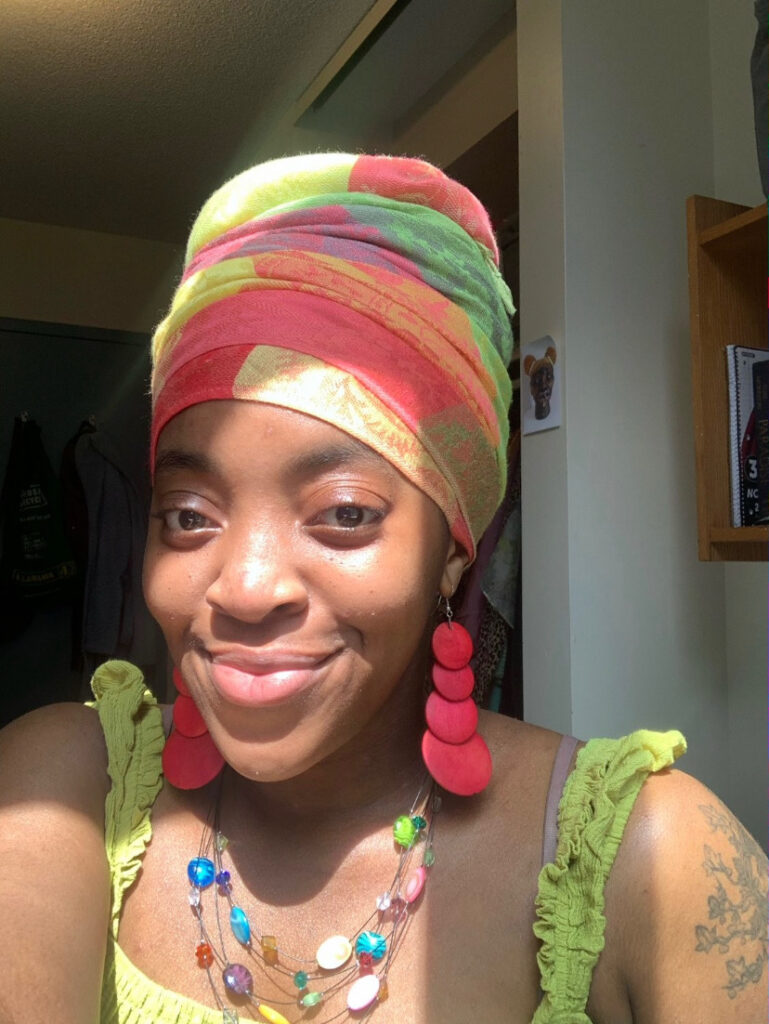
Nana aba Duncan, an award-winning journalist, host of Fresh Air on CBC Radio One, and founder of the podcast Media Girlfriends, says she has confronted racial and gender-based discrimination in the workplace.
A colleague once told her she was only getting more opportunities to host at CBC because of the need to diversify, since she is Black and a woman. Nana aba found herself at a loss for words, stunned by the comment. She knew the colleague was just upset with his own progress and spoke out of frustration. He has since apologized and changed his perspective, but that doesn’t change the long-term effects.
“The effect of getting comments like that near the beginning of your career can be that you then start to doubt your value, and that’s what happened with me. I think having some self-confidence issues about your work happens to everybody, but it shouldn’t happen because of your colour,” she says.
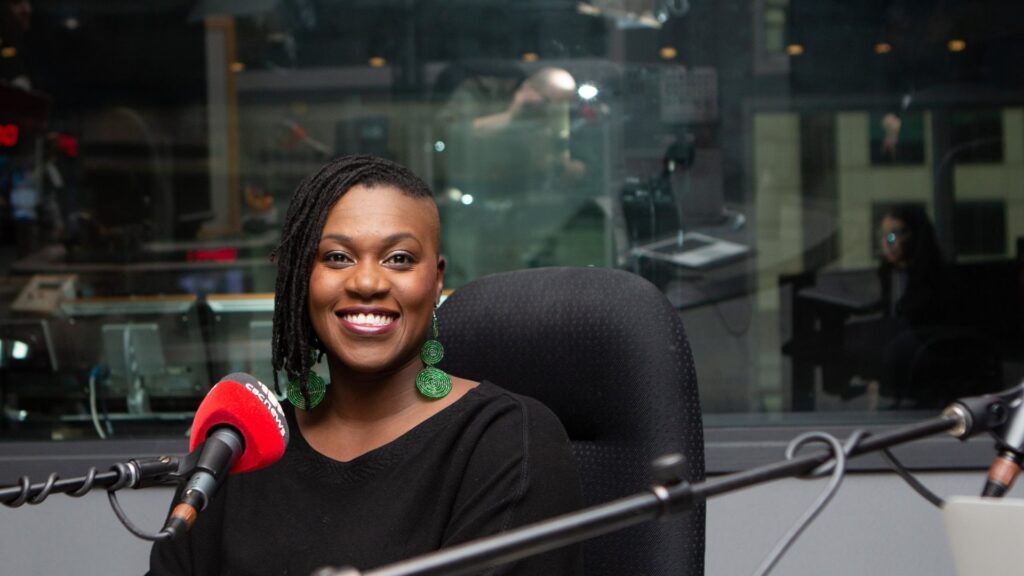
There is plenty of evidence showing the structural barriers Black women face. In Canada, Black women have higher unemployment rates, increased rates of lone parenthood, are five times more likely to develop chronic illnesses like diabetes and heart disease, face an increased risk of premature births, and are 43 per cent more likely to die from breast cancer compared to white women.
Continuously peeking over the fence to view the racial issues within our neighbouring country has made us blind to our own, says Lizzy Idowu. That means discussions about racial discrimination rarely come to light in Toronto.
Janay Ferguson could not fully grasp the severity of colourism and its impact. She vaguely remembers a few instances but thought most were too subtle to pick up on — except for one — this one in particular felt deeply upsetting.
In 2018, Janay travelled to Dominican Republic for her high school graduation class trip. The resort was filled with the thumping sounds of electronic dance music, teenage laughter, and the smell of alcohol. There were no parents around to remind her of curfew or responsibilities. She felt free. During the day, she enjoyed the sun-kissed shores of the Caribbean island, admiring the towering palm trees and bright blue skies. At night, she gulped down bottomless drinks and watched as everyone made out with each other.

Despite Janay’s high spirits, seeing the limited number of Black people on the trip left her feeling alienated. One night, during a beach party, she and her friend Uwa joined a group of guys from their school to get drinks at the bar.
The guys, all white, talked about the concerning “rapey” guys at the party and their duty to protect their “Anderson girls.” Then, one guy looked back at Janay and Uwa. “Well, you guys will probably take care of yourselves,” he said. Janay recalls a sinking feeling running through her body as she turned to Uwa to give her one of those did you hear what I just heard? looks, noticing the utter shock and disgust on Uwa’s face. The girls silently walked behind the guys, trying to process what happened.
At the time, Janay brushed it off because it was “uncomfortable,” she says. But she could feel her mood plummet as the thought continued to haunt her throughout the night. Today, Janay acknowledges this incident was a form of colourism that reinforced the “strong” and “independent” Black girl narrative, deeming Black women as less worthy of protection and inclusion. She felt neglected, unprotected and above all, “a sense of betrayal,” she says.
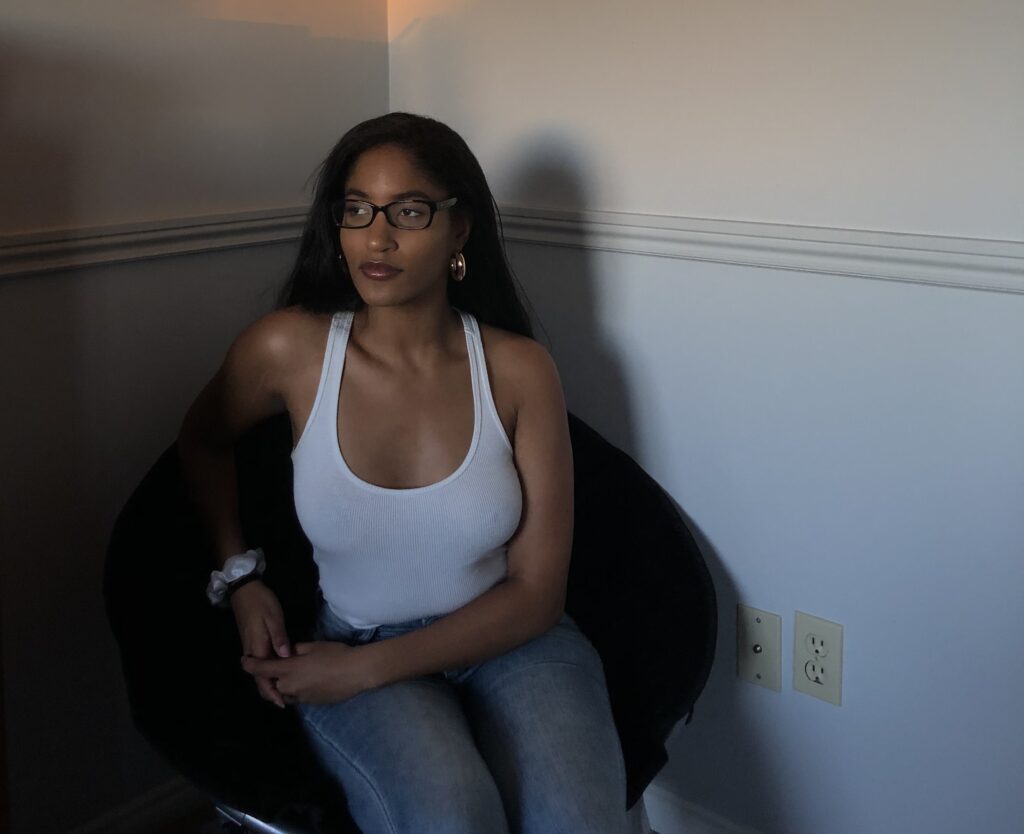
Zanele, Janay and Lizzy all say they have been told “you’re pretty for a Black girl.” Dating site OKCupid revealed in a blog post that Black women and Asian men are consistently rated lower than other races on online dating sites. According to data gathered in 2014, 82 per cent of non-Black men had a bias towards Black women.
When Janay was younger, she would lie to her crushes about being half-white. In truth, Janay is Jamaican and only a quarter German. “It made me feel like guys would find me more attractive,” she says.
Janay knows she is one of many Black women who feel pressured to possess certain qualities or physical features, in order to be perceived as interesting, attractive or worthy of acceptance.
Prof. Cheryl Thompson says the two issues in our society are that everybody wants to look like somebody else or live a different life.
“The topic of colourism, that’s kind of what it is. You’re desiring a certain skin tone because you think something comes with that — like your life would be better,” she says. “The funny thing is, it’s all an illusion.”
Nana aba Duncan offers advice to young Black women. She says it is important to find allies and use your voice — in a way that is intentional — to help women of colour secure positions of power and fight against the systems of oppression.
“The anger that you have will only get you so far. There is so much about this that can make you angry and feel spiteful and want to quit, but unfortunately we have to consider how far that anger will take us.”
